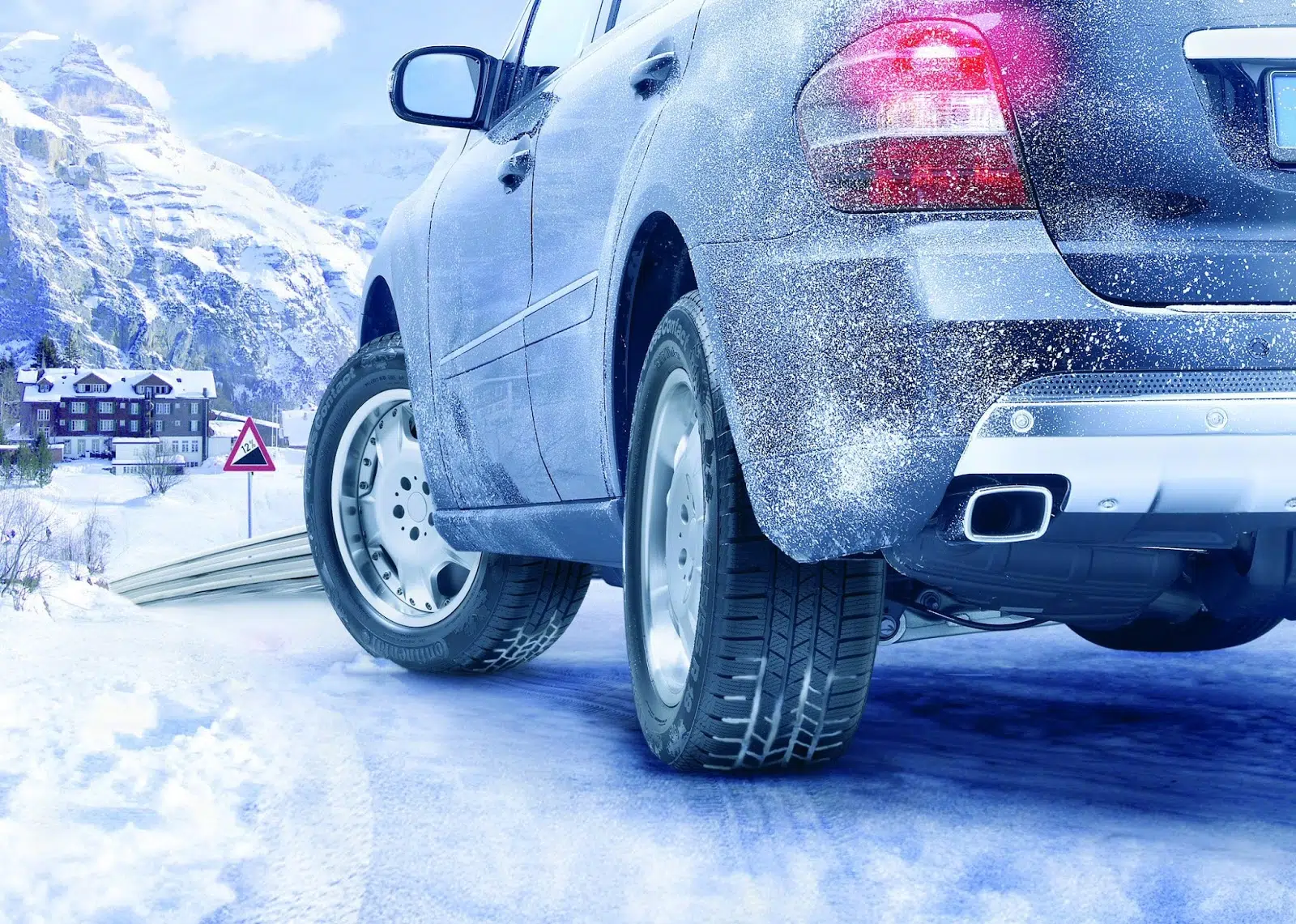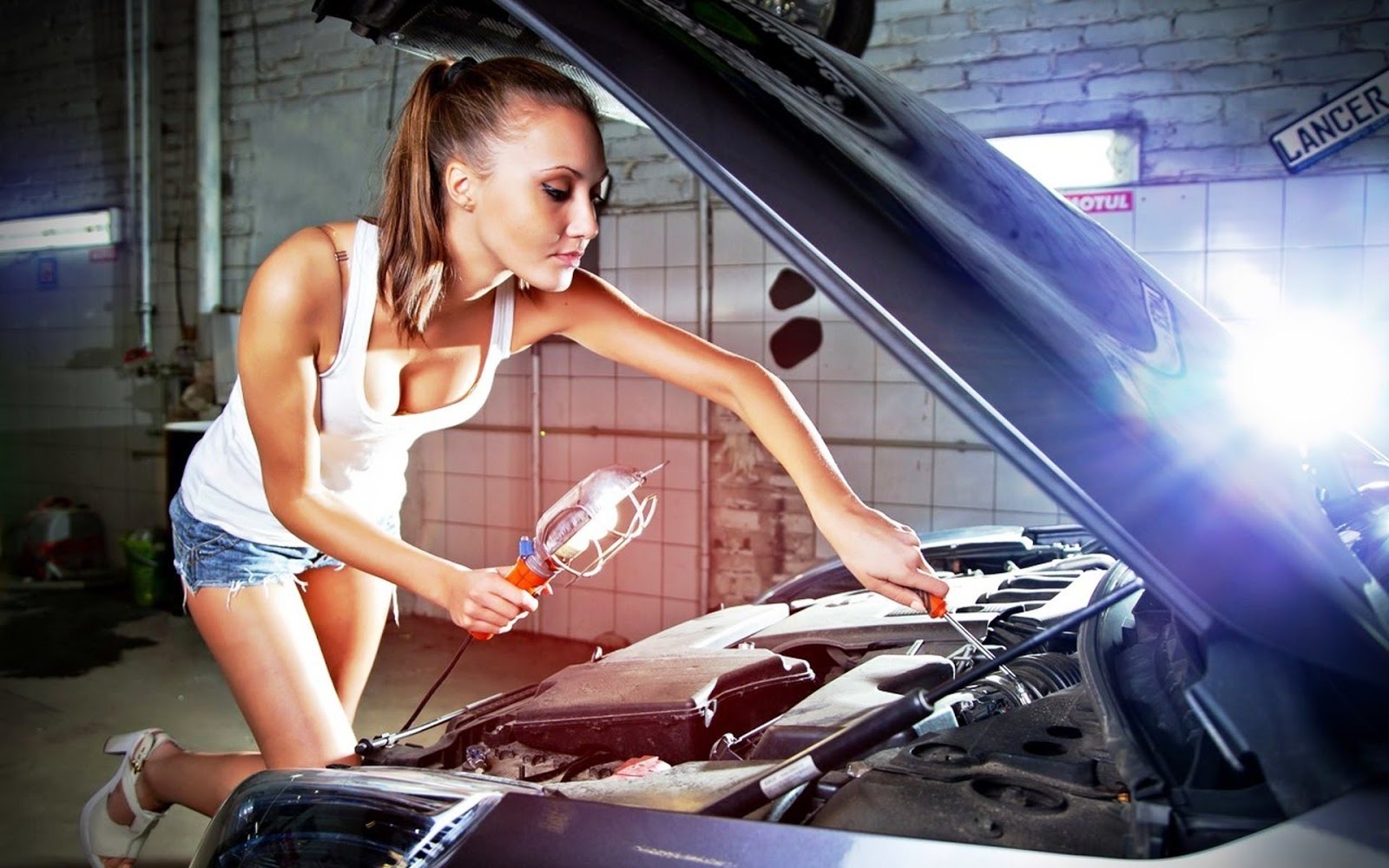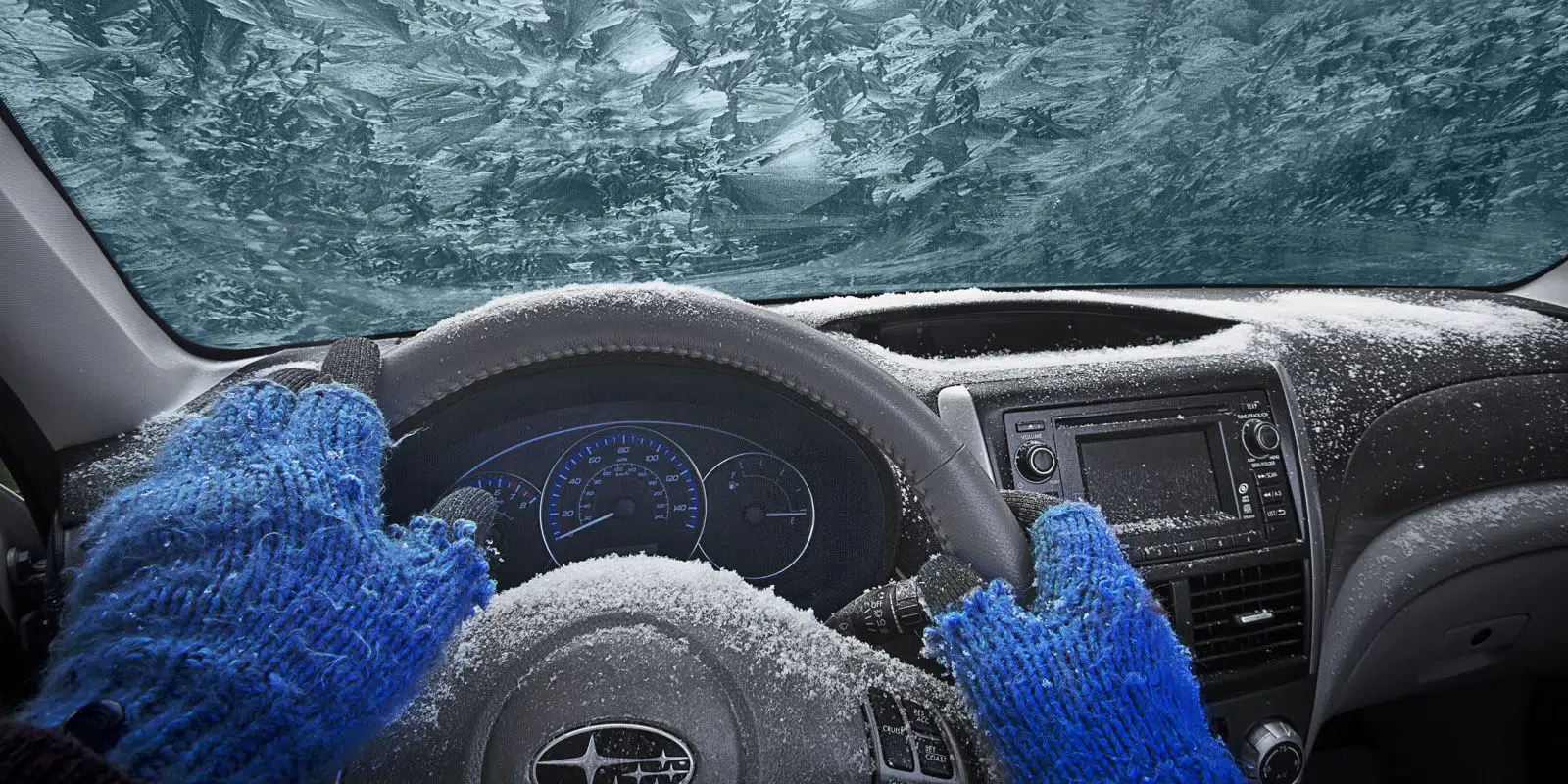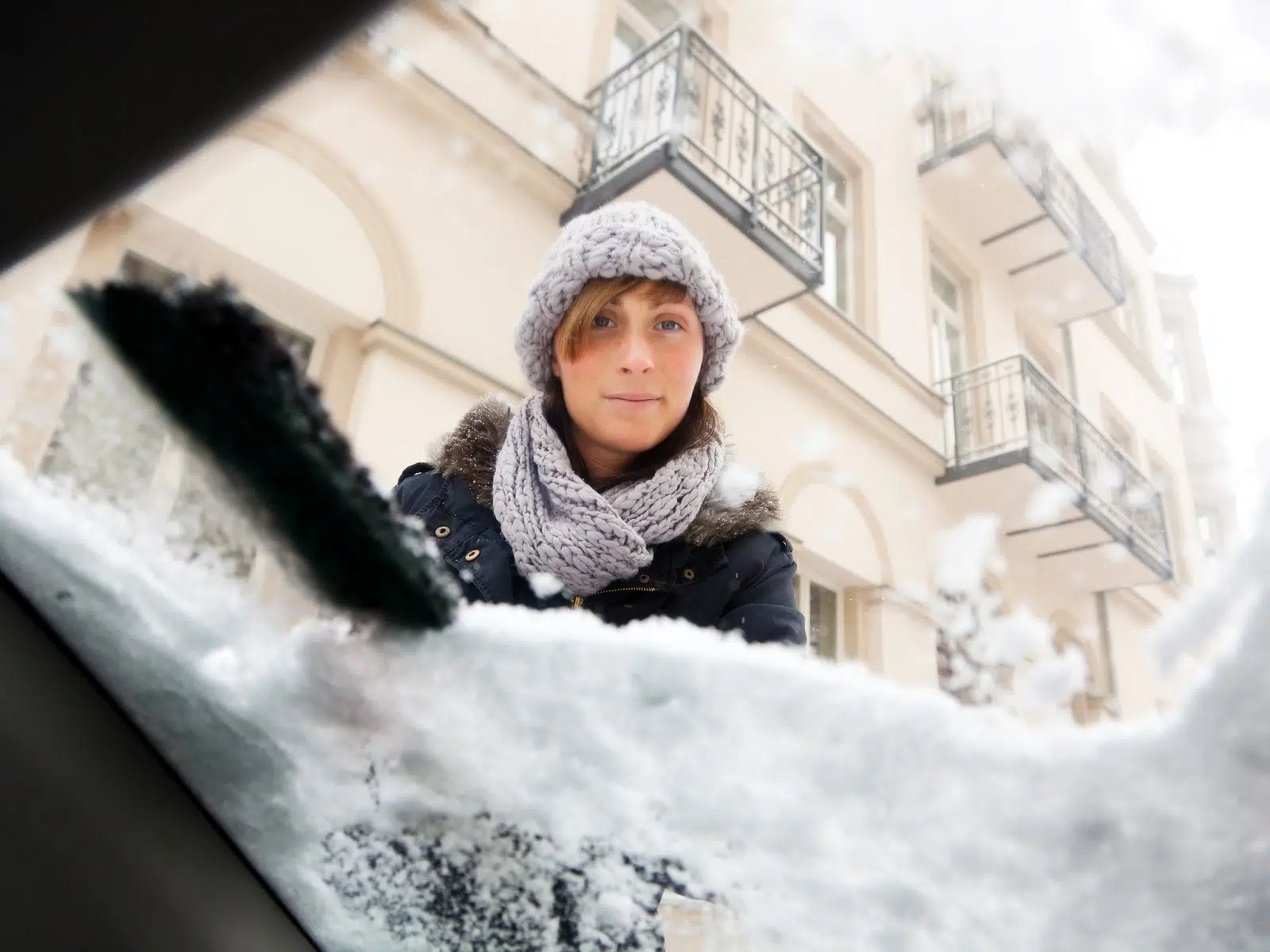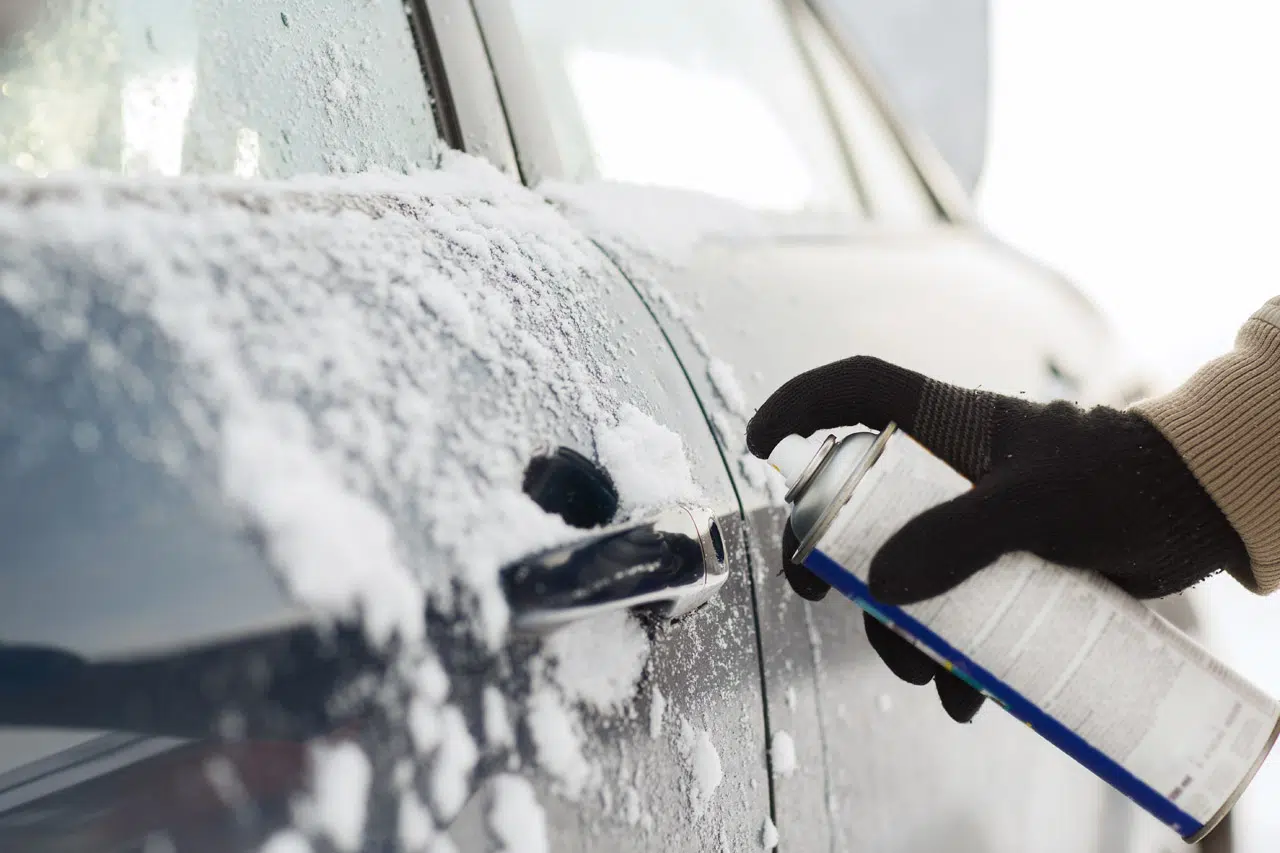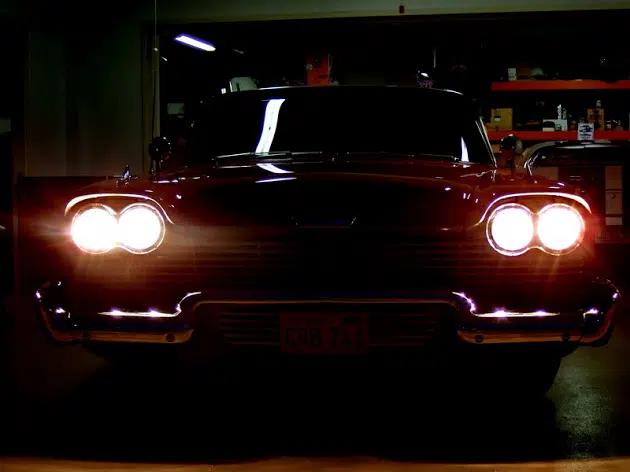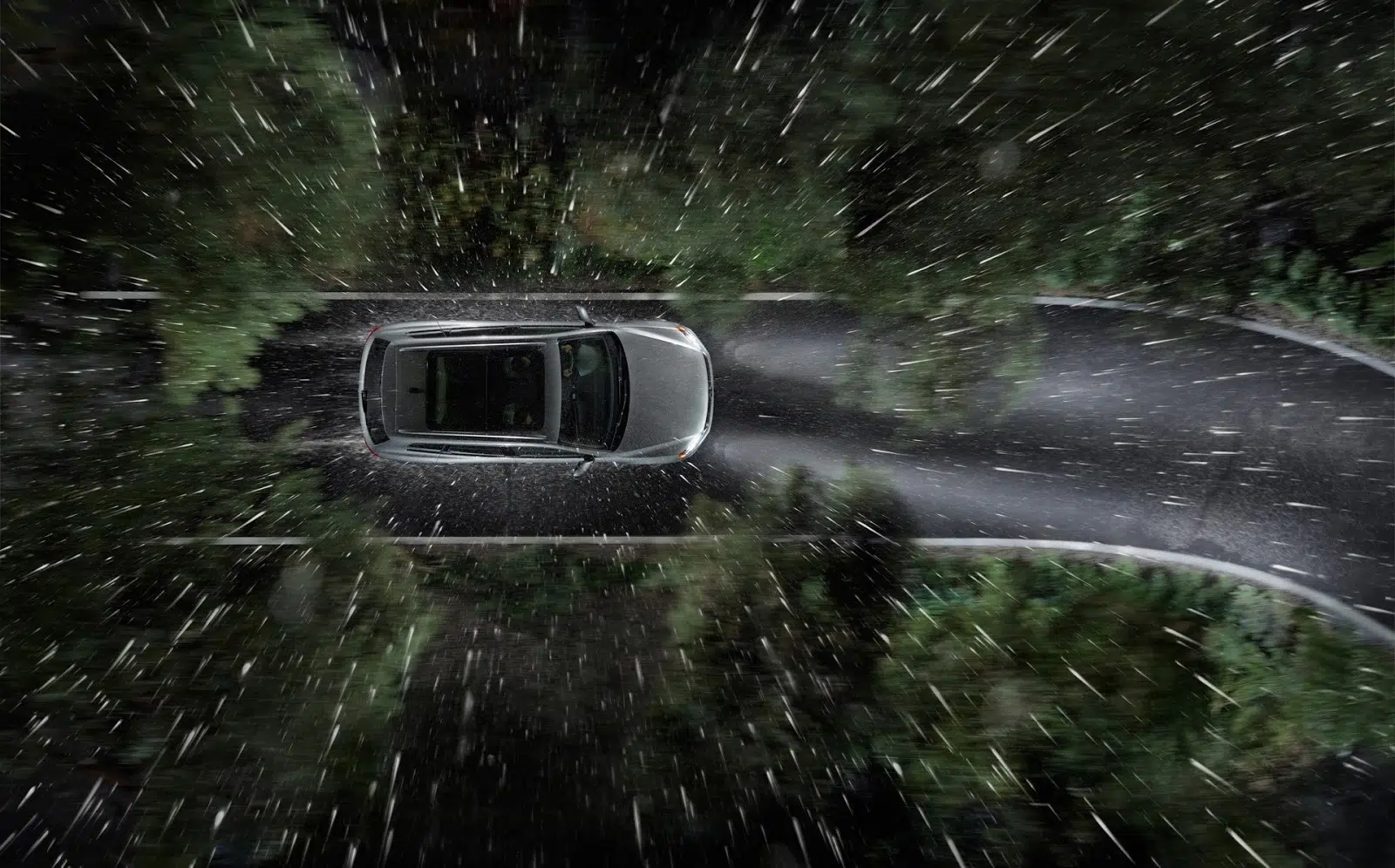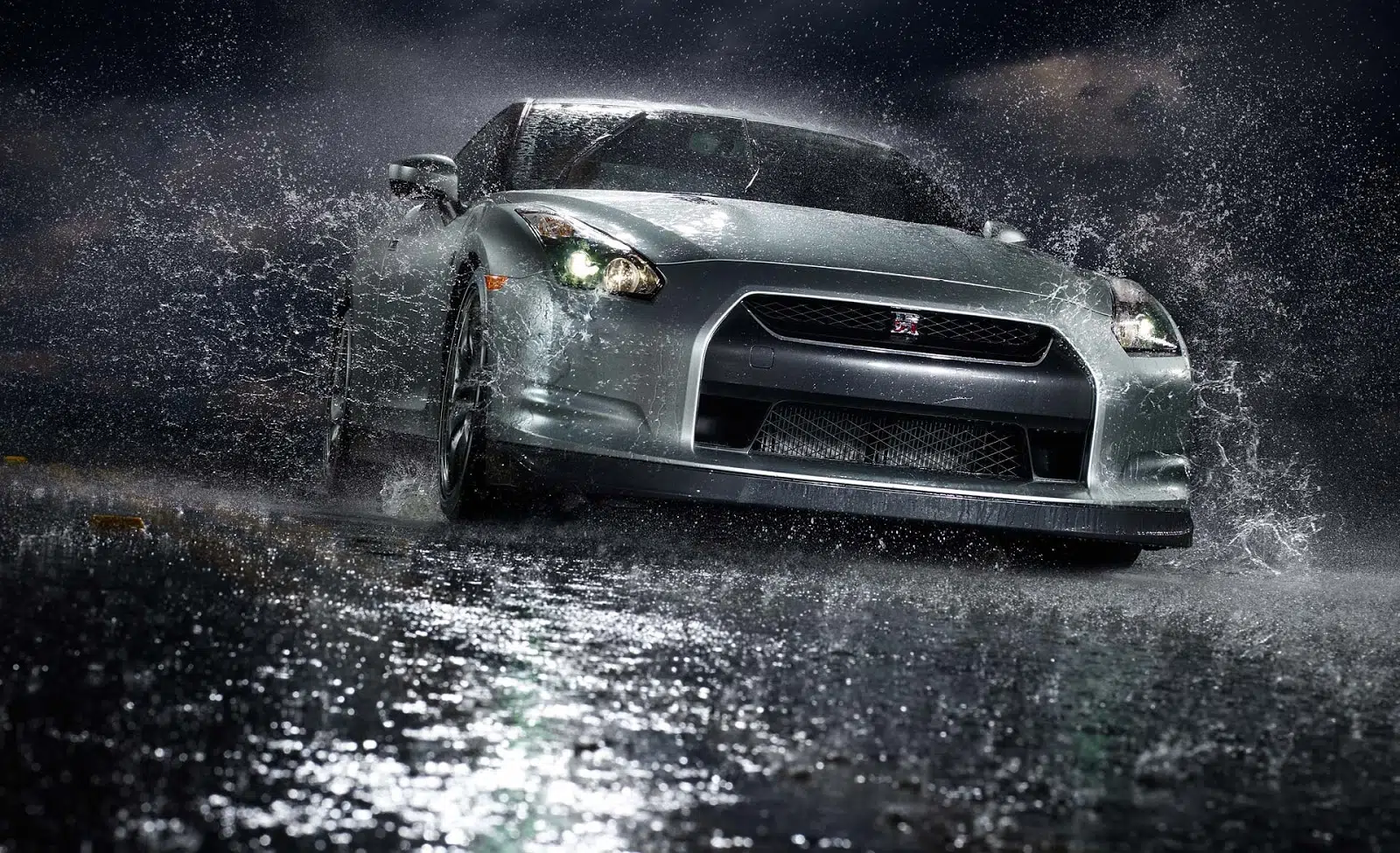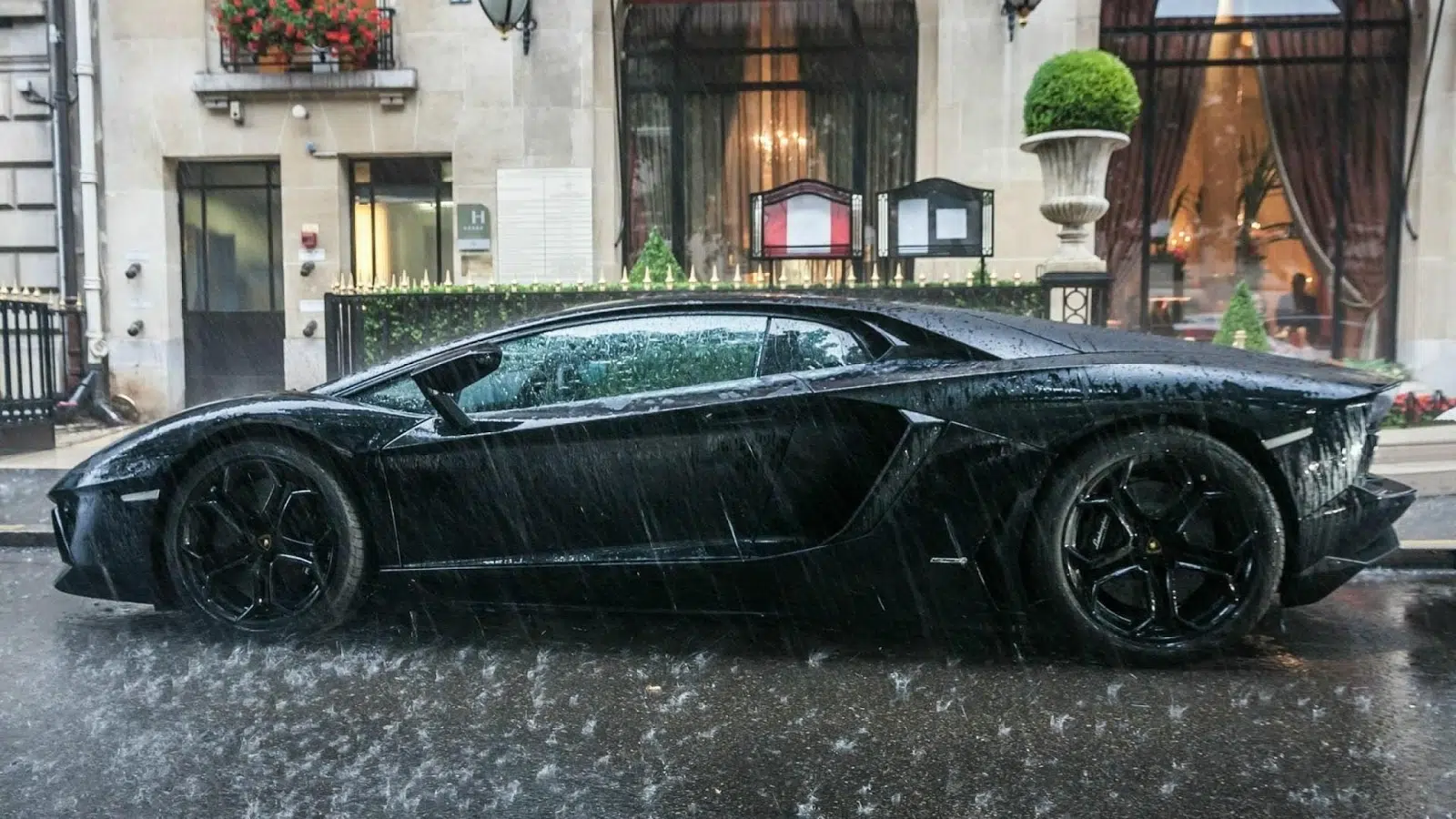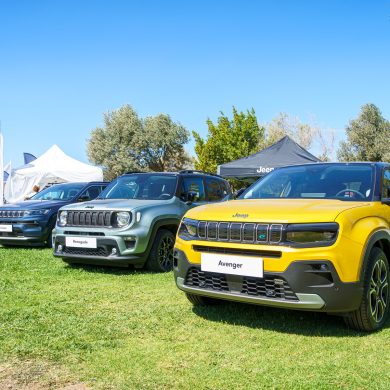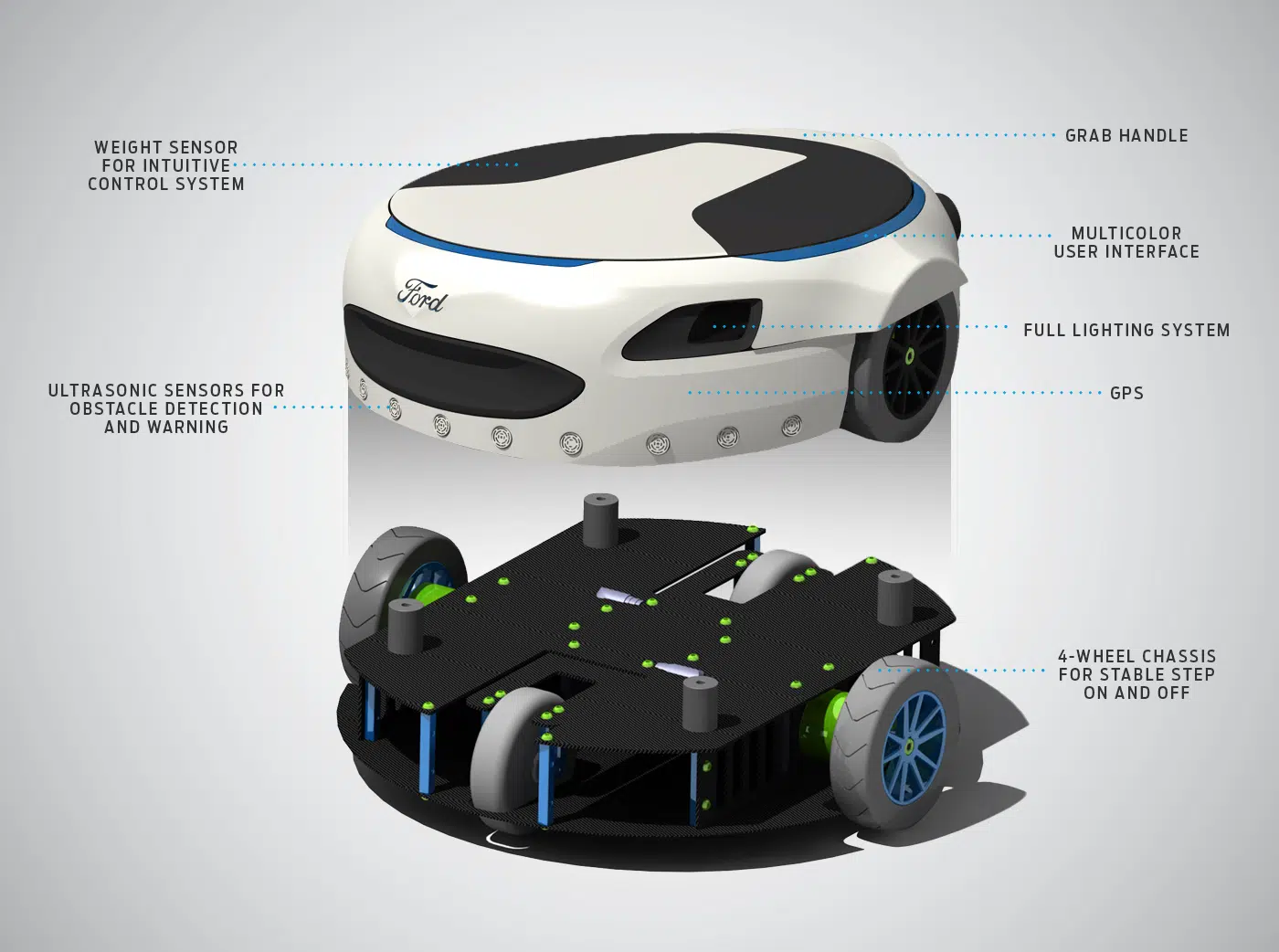The first rains have convinced us: Summer is over and, slowly, winter is coming. And, because winter is no joke, make sure you do the necessary things in your car to avoid unpleasant situations. Knowing that times are tough, TopSpeed.gr gives you some advice, reminding you that the money you don't spend on your car's maintenance will be paid double and triple when, inevitably, it will leave you in the middle of the road, at the time when you are in a hurry, it will rain more than the Old Testament deluge and it will have a North Pole temperature (Murphy's Law). So what should you do?
Tyres: The tyres of your car are the be-all and end-all. You rely on them to save your life, other people's lives, your handicap, or a (bitter) visit to the body shop. With the quality of Greek pavement (really, which criminal picks up these roads and why isn't one of them a prison?) offering worse traction than an Olympic ice rink, at the first drizzle, your car may find itself doing dance pirouettes up the barrier, the pavement, or the unlucky person in your path if your tyres aren't right. So get them checked.
Ideally, you should replace them after three years, or 30,000 kilometres. Look at the date of manufacture on the side. Check, with a coin, their tread. See if they have cracks, tears, if they're dry.
Check the pressure. Strictly follow the manufacturer's instructions. If the tyre is inflated, the tread contact with the road surface is reduced. It's like walking in a pair of twenty-point heels. Can you? If it's deflated, you'll cry early and need a new one. If they have different pressure on each side, they'll "pull" on the first brake and you'll experience the hugging of the barrier.
If they need a change, don't think about it: The place reeks of offers. Take advantage of it. Don't gamble with your safety and, more importantly, the safety of others. The way the hospitals have gone, it's best none of us visit them.
Battery: Temperature fluctuations are a strain on your car's battery. If your battery is old and/or worn out, change it before a cold winter morning (or evening) gives you away. If you let it go, you run the risk of putting other parts of your car through the wear and tear. During cold winters, check the battery once a week, especially if it's more than three years old.
Engine: Before the big cold ones arrive, make sure your car's radiator has antifreeze. Check it often. If you neglect it and the temperature drops low, your engine cooling system is in danger of stopping working. If this happens, you'll cry your engine.
Do a checkup on your engine. Is there any oil? Does it need changing? What condition are the belts in?What might it need to be ready to face the winter? Are your electrical circuits working and properly insulated, or will moisture "kill" them? What condition is your fuse box in?Make sure your antifreeze is between the min and max readings. Go for good quality strong antifreeze if you are in an area where low temperatures are common.
Radiators: Do a test of your car's cooling/heating system. See if it performs properly, check the air vents. You don't want to be in the awkward position of having your windows fogging up as if a group orgy of swingers is going on in your car and the radiator can't unfog them. If you see reduced performance, ask for a service. Besides, remember that whatever the air conditioning system puts out, you and everyone in your car is breathing it in. Clean your windows thoroughly. Especially if you smoke, the smoke sits (and) on the windows and the glare will become a habit.
Wipers: "They are new, I put them on in July". What you may not know is that the Greek summer is not exactly beneficial to rubber surfaces. The sun and high temperatures dry them out and make them suffer. Your wipers are exposed to the sun, the heat, the high temperatures. You want your windows to clean perfectly in the rain. Visibility is a key factor in your safety. Remember that a torn windshield wiper can cut your windshield. Make sure we have enough windshield fluid. It needs to be of good quality and can withstand sub-zero temperatures. We usually put one part liquid, one part water. If you only put water, it can freeze the pump, burn out the fuse and stop the wipers from working since they often have the same fuse as the pump.
Doors- windows: The rubber insulations on the windows and doors of your car must be in perfect condition. You don't want the morning humidity getting inside. If this happens, apart from getting into a... wet car, the interior of your coach will be consigned to deterioration in short order. In extreme cases, you also risk minor damage to your electrics. Don't forget to clean the air vents between the bonnet and the windscreen, notice if the gutters are open or you'll become a... Titanic.
Lights: Obviously, if your lights are burning like grandma's candles in the picture window, they're no use to you. Similarly dangerous if they illuminate more than the floodlights of a stadium hosting the Champions League final. If your lights are set high, or are "xenon" that someone convinced you to put on, you're just criminally dangerous. To understand how much, get a camera. Put on the flash. Turn it to your eyes. Press the button and start running, trying to avoid the walls of your house.
Check that the indicators and brake lights are working. Check if you have a burnt-out bulb.
We take it for granted that you have all the necessary safety equipment (triangle, cables, flashlight, mobile charger, gloves, etc.). A blanket in the trunk is not a bad idea. The last time I stayed while it was snowing, I was touring until the road came.
Driving: A good and correct driver is one who adjusts his behaviour according to the conditions and anticipates what will happen. So adjust your speed according to the weather conditions. With rain, reduce your average speed, as you know it's slippery, but don't go so slow that you cause traffic behind you and irritation. Keep your distance from the car in front of you and, in general, anticipate to avoid violent braking. You, you can still have time to stop. But what about the guy behind you?
In any case, you need to prevent hydroplaning before it happens, by adjusting your speed and your driving style, which should be more "smooth" - that is, avoid sudden movements - when the road surface is wet. If it happens to you, remember that panic is a bad adviser. Calmly, while you're trying to reset it with quick but not violent movements (violence brings violent reaction, after all) look for an "escape route". The place where you're not in danger of crashing and injuring someone, and try to steer your car that way. Remember that every car has its own behavior and don't get carried away by other drivers, or what someone once told you. Leave us to struggle with understeer and oversteer in closed, safe lanes away from you and Chuchiya to teach sideways sliding. If you want to learn your car's limits and yours, there are the tracks.
When it rains, the (ancient) Greek roads collect water in many places. Pass through them at low speed. Not only because you might get the poor guy on the pavement wet, or throw water at the car across the street and "blind" it. But also because your tires may lose contact with the road and you may lose control. Often, when you drive through such "ponds", your brakes may reduce their performance for a few seconds.
When your car is cold, don't be violent with it. Give the engine time to come to the right operating temperature. Just as you can't wake up and start running around like a madman because you'll get damaged, your car needs some time. A little. Less than you. remember that often your tires need to warm up to perform as you want them to.
That's all well and good, but where am I going to get money? Most dealerships are launching tempting offers at this time of year for the winter inspection and service of their models, even if they are quite old. Look on your car brand's website, or give the dealership a call.
Beyond that, there are thousands of garages with excellent mechanics who will do the inspection and the necessary work for you at an agreed, reasonable price. Do some market research! Take care of your car so that it "takes care" of you too and may we all have a good winter!


